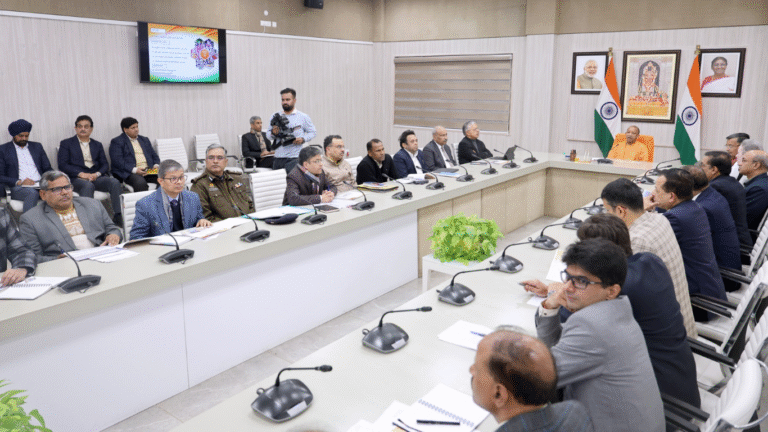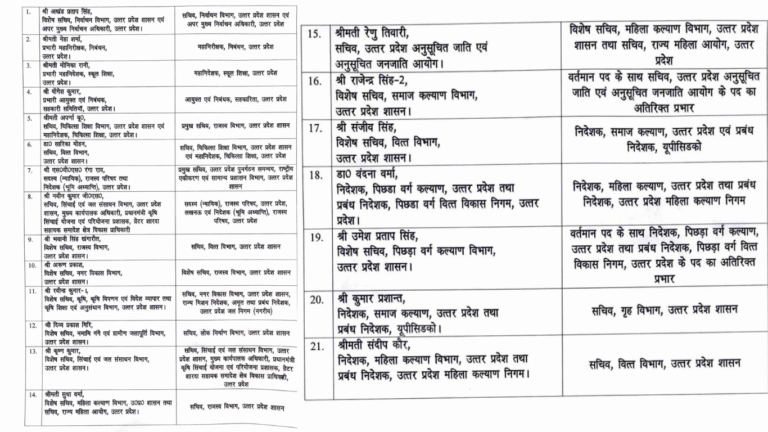
Amethi, Uttar Pradesh, July 31, 2025 – A startling incident has come to light in Rebha village of Amethi block, where a widow reportedly fled with her lover soon after receiving the ₹40,000 first installment under the Pradhan Mantri Awas Yojana, officials confirm. The incident has led to an urgent departmental probe and issuance of notices to recover the funds.
The woman, identified as Utra Kumari, lost her husband Ram Sajeevan in 2023. She was later granted PMAY assistance under the widow category. Shortly after receiving the first payment, she reportedly left her three young children behind and disappeared with a man believed to be her partner.
Since her disappearance, Utra Kumari has not been traced and her home remains locked for months. Villagers say her relationship with the man was known locally, and despite occasional police involvement earlier, the two continued to meet.
The local Block Development Office (BDO) has issued a formal notice to her, initiating an investigation into the case. Officials have also instructed colleagues to halt any further disbursals under her PMAY account pending outcome. BDO Brijesh Singh said actions will be decided based on the probe’s findings.
Backdrop: Similar Incidents Across Uttar Pradesh
This Amethi case comes amidst a string of similar incidents across Uttar Pradesh. In July 2024, at least 11 married women in Maharajganj district allegedly took the first installment of ₹40,000 under PMAY and ran off with their lovers, leaving husbands stranded. Authorities registered FIRs and froze further installments for those beneficiaries.
Before that, in Barabanki district, four women reportedly absconded after receiving ₹50,000 each from the same housing scheme, again triggering administrative action.
In all these cases, construction work on houses had not begun, prompting officials to issue warnings through the District Urban Development Agency (DUDA). Concerned husbands appealed that remaining subsidies be rerouted to their accounts to prevent misuse.
What the PMAY States – and the Larger Concern
Under the PMAY scheme, the government offers up to ₹2.5 lakh in subsidy to poor and lower‑income households, transferred via Direct Benefit Transfer. A key requirement has been that the woman beneficiary must be the owner or co‑owner of the house. This has led to some unintended consequences in rural areas where women may temporarily hold funds before formal ownership or construction begins.
These repeated cases highlight challenges in beneficiary verification, fund monitoring, and legal follow‑up when misuse is detected.



